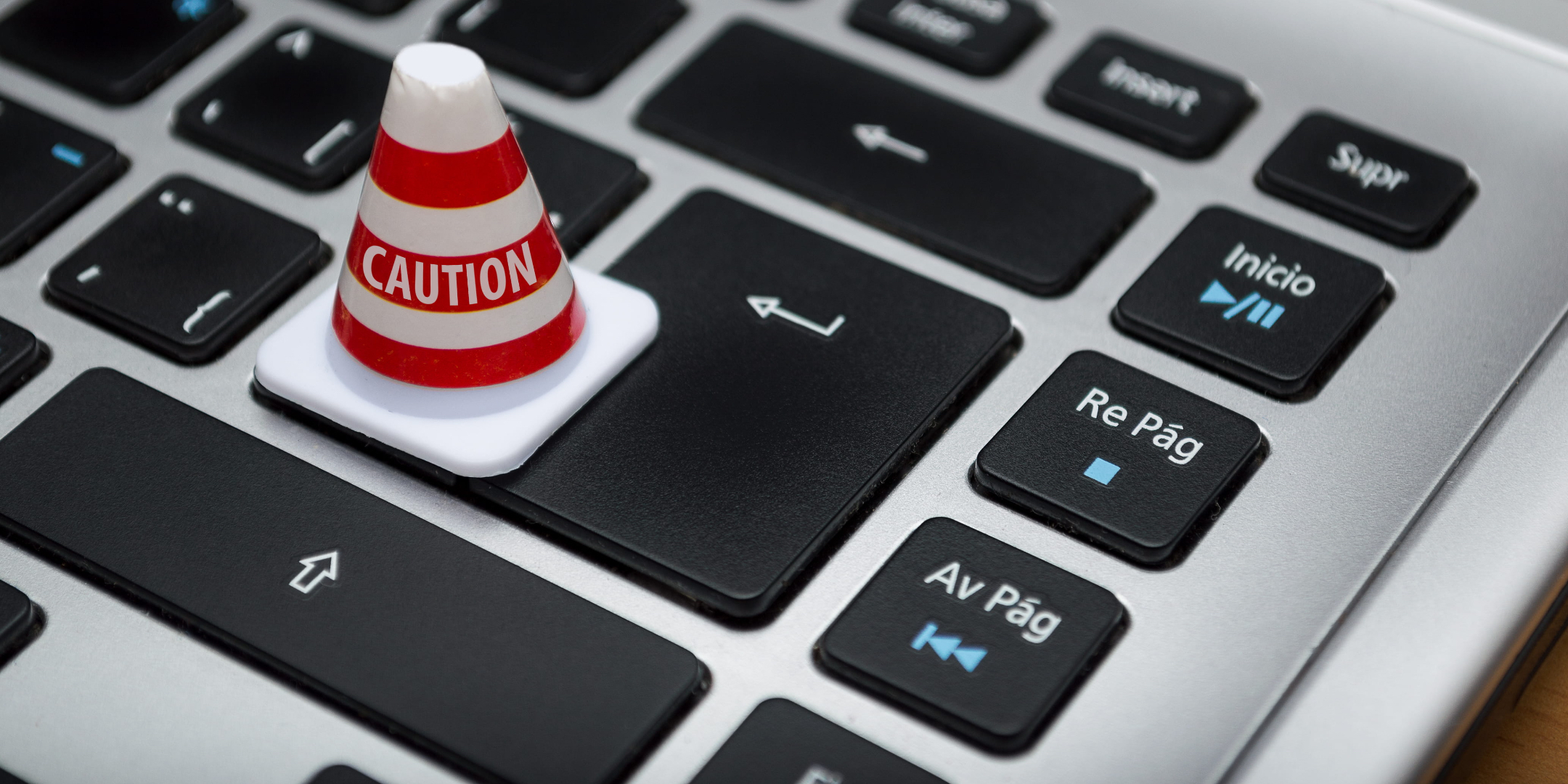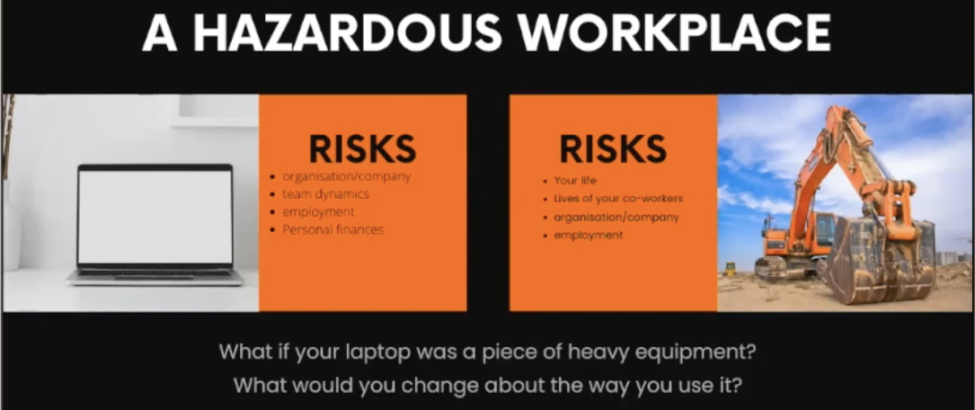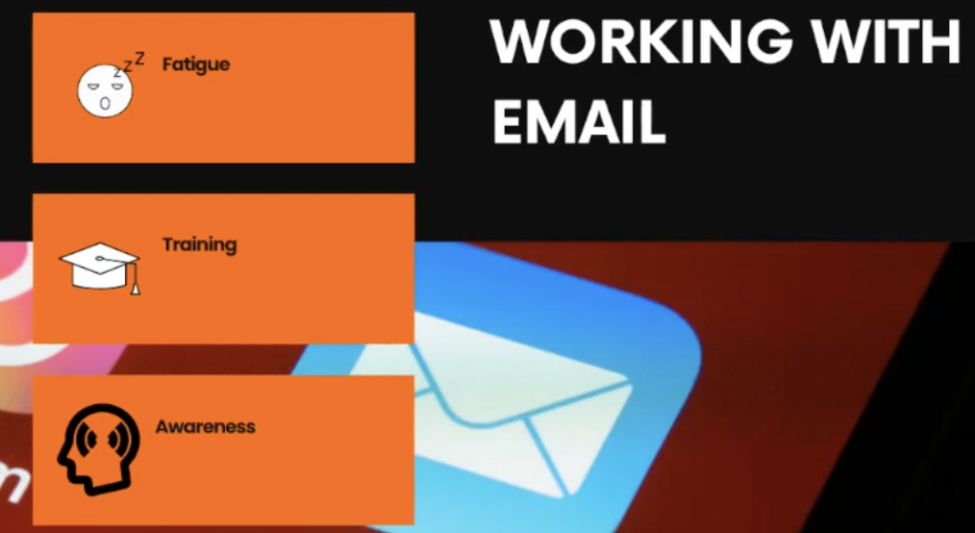What if Handling Digital Tools is Like Handling a Chainsaw?

by Nicolas Sacchetti
Lydia Vermeyden, Director of New Research Services Development at Calcul Québec, and Manager of Special Initiatives at ACENET, partners with researchers to boost research across Québec. Her cybersecurity expertise shone when she presented « Creating a Cybersafe Culture » in the 4POINT0 Webinar Series on Megadata and Advanced Techniques Demystified.
Both Calcul Québec and ACENET in Atlantic Canada and are NPOs, supporting research through advanced digital infrastructure and providing digital research solutions, respectively.
She highlighted that establishing a cybersecurity culture requires buy-in from the top. She sent a message to organizational leaders that fostering a culture of cybersecurity requires sacrifice; it doesn’t come without a cost. The drive to prioritize it needs to originate from the top leadership.
Learning from Occupational Health and Safety
She thinks occupational health and safety is something we can learn a lot from. It came in as a result of a lot of fatalities and certain types of very dangerous workplaces. Eventually, what they realized was that the only way to make these places safer, was to really take a holistic, almost a cultural look at safety. Initially, it was important to recognize that these places were inherently dangerous and hazardous.

The Analogy of Heavy Machinery
She draws an analogy with an excavator, saying, « Imagine if you worked with an excavator every day. It wouldn’t be hard to realize that your workplace could be dangerous and hazardous. There are tangible risks not just to your life, but to the lives of your teammates as well. »
Lydia then prompts us to reflect on our digital habits, posing the question: « What if we approached using our laptops in our daily tasks — be it in the workplace, in our research, or in our studies — with the same caution as if handling heavy machinery? How would that change our approach? »
Approaching Digital Devices with Caution
By understanding that a computer is a potentially hazardous tool, even though it won’t physically harm you like heavy machinery might, it’s crucial to recognize that it exposes you to a myriad of risks. These dangers encompass threats to personal finances, identity, job security, and even the integrity of the organization you’re affiliated with. Depending on the data one handles, the stakes could be as high as jeopardizing the security of an entire institution or even a country.
A dangerous tool like a chainsaw, while essential for many tasks, cannot simply be discarded. However, just as we can use a chainsaw safely, we can also safely handle tasks such as working with email.
She encourages us to consider protective measures in our workplaces, especially when using potentially harmful tools. Regarding emails, she highlights the dangers of phishing and spear phishing. « Email is your direct tunnel to the outside where the bad guys are, » she says. Unfortunately, many don’t recognize the potential risks of emails. They’re opened, skimmed, and closed at any hour or even during a Zoom meeting, often without full attention.
Treating Email with Caution
She prompts us to handle emails with the caution of operating a chainsaw, especially when tired. Should we train people on email etiquette and promote the use of secure tools, especially with colleagues? Offering tools doesn’t mean they’ll be used correctly. Awareness is paramount. Are we truly attentive when checking emails, or are we multitasking? Lydia Vermeyden suggests a shift in mindset towards our approach to email in the workplace.


Drawing Insights from Diverse Disciplines
She emphasizes that security isn’t free; it must be prioritized, and the change needs to begin with leadership. Reflecting on the advancements in social sciences and digital humanities, especially in the study of big data, she believes that cybersecurity has much to learn from these disciplines, even if they aren’t traditionally associated with cybersecurity.
To foster a culture of security, she believes it’s vital to comprehend both people and cultures. We should seek insights from fields that have delved into such studies, including social sciences, anthropology, and the humanities, to improve educational strategies.
Furthermore, it’s essential to reference models employed for analogous challenges in occupational health and safety. She foresees a growing need for interdisciplinary collaboration in the realm of cybersecurity.
Here’s another article where Lydia Vermeyden is cited discussing big data.
Les sciences humaines à l’heure des mégadonnées
Ce contenu a été mis à jour le 2023-08-15 à 10 h 00 min.